Podcast: Play in new window | Download (Duration: 14:23 — 9.2MB)
Subscribe and don't miss an episode! Apple Podcasts | Spotify | Android | iHeartRadio | Deezer | RSS
If you’re approaching “middle-age,” you may be a little confused and nervous about the idea of menopause.
Most likely, this is because this time of life for women has long held negative connotations in our society, largely tied to stigmas of aging. However, the transition to menopause can be a time of reflection and inspiration. It’s a normal and natural part of a woman’s life, and it can be just as well lived as earlier stages. When it comes down to it, it has a lot to do with mindset.
The menopause phase is a time of change and with that, it’s also a time of choice.
The mindset with which you approach this transition can have a huge impact on your experience of it. Of course, the symptoms and changes that come with this phase aren’t always avoidable, but how you experience it and the years that follow has much to do with your how you think about it and choose to behave. Those that choose to, see this time of life as a new beginning–one that can be lived vibrantly, fully, and in good health.
We don’t mean to ignore the symptoms and effects that are challenging. It’s important to know, as we say in our podcast more than once is that the effects of the menopause phase vary greatly from woman to woman. It’s also important to know that as many as one-third of women say that they have almost no symptoms. Another third occasionally experiences mild or short-lived problems. Regardless, it has been shown that those with a more positive attitude, as well as positive lifestyle habits including self-care and, just a importantly, self-compassion, report more mild symptoms overall.
Take a listen to our podcast and our take on this time of life.
Here is the transcript:
Wendy 00:00
Hi, I’m Wendy. I’m Debbie. Welcome to nourish Noshes. We’re so glad you’re here. It’s so funny, isn’t it? How we as women don’t even know what the definition of menopause was, we had to look it up.
Debbie 00:15
Well, that’s because it’s a little bit confusing. And some people, as I’ve just discovered recently, haven’t even heard of perimenopause. And so what’s the difference? Right. That’s the confusion, I think, too, is when people are like, Oh, menopause? And I think people refer to menopause when they really mean perimenopause. Or, you know, so we just thought we’d want to clarify some things.
Wendy 00:35
Yeah, we think it’s interesting. And curious time of life. Right?
Debbie 00:41
Yeah, for sure.
Wendy 00:43
Define it, because menopause is usually what people say. But there’s, the definition is a very short period of time.
Debbie 00:53
Yeah, it’s actually more of a phase. You know, it’s a process. But the actual definition is that it’s the final period, the final menstrual period, which you don’t even know is your final one. Right. But it’s got it’s the final one. What is and it’s confirmed after you’ve missed your period for 12 consecutive months, so a year. So you don’t even realize realize you’re in menopause until it’s over. And then you’re in post menopause. So,
Wendy 01:25
but that period of time between your last period and a year, you’re in perimenopause.
Debbie 01:31
Correct and the time before that. The time before that is perimenopause, which overlaps with menopause. And that’s the time when things start getting a little wonky.
Wendy 01:43
Yeah, and wonky is such a perfect word. Because, first of all, we’re all different. Yes. Well, maybe even first of all, we’re all going to go through it. Yes. And, and we’re all different. So every woman will go through perimenopause, hit menopause and become post menopausal.
Debbie 02:06
Correct. And there’s a huge time span, usually somewhere between 40 and 55, 56, 57. And it can start as early as 40. Or even sometimes some people even a little bit earlier, although that’s rare. And it can go to 58, 60. And that’s kind of rare to it. But you know, there’s usually an average somewhere around 50, 51, 52. That’s the average time that it’s happening to most women–and hot flashes, why even have–why are hot flashes even a part of this and that is all a part of the lowering of estrogen. And that’s exactly what the process of perimenopause and menopause is, is when your estrogen, which is at a certain level when you are fertile, starts to go down, and down and down and down and down. And that whole process of it going down and being low. Very well may cause hot flashes, but may not.
Wendy 03:05
And it’s interesting, because some people ask us, How do you know and if bloodwork is only a point in time, so that only gives you that days estrogen level, right, or the average it averages the estrogen level over a small period of time. And because estrogen can be up in the morning and down in the afternoon. I mean, that’s what makes it roller coaster and so wonky because it can plummet. And one of the things you and I have talked to several people about several of our clients with is that we can be doing so many wonderful things for ourselves and still have these side effects. And we think we’re going crazy.
Debbie 03:52
Yes. It’s so true. It’s so true, because hot flashes may be like the the standard symptom of going through perimenopause and menopause. But there’s so many more things that people go through and everybody’s different. Like we’ll keep saying that over and over again. Yeah. So, I mean, I think one of the other things that’s a little bit standard, but again, it’s so variable, our mood swings.
Wendy 04:19
I think, for me sometimes, I shocked myself a few times as I’m still in perimenopause. (This is Wendy.) And I would call it rage sometimes, and kind of think, well, who is that person? And how did how did that just happen? And it’s, it’s rare for me, thank goodness. But knowing that this is a side effect, made me a little bit more gentle with not being angry with myself for being angry. Or having having the natural feelings that I was having. It taught me to relax about it.
Debbie 05:00
Yeah, yeah, I think it’s having compassion because you understand what’s happening. Your body is shifting. It’s sort of the opposite of puberty, but we have a lot of the same symptoms as girls. So that’s that’s what it’s all about. It’s it’s a lot of moodiness, it’s a lot of irritability sometimes. And sleep disturbances. Yeah, those are all things that may happen.
Wendy 05:28
Kinda mush brain too if that’s, you know, just a little bit of forgetfulness, or not finding words, or almost kind of a spaced out feeling of some sort of like this really wonky energy zap, you know, and other times energy kind of being through the roof. So it’s, yes, it is all normal. And we’re having this conversation because we want to make sure that we talk more about it as women. I think there’s not enough time, energy, resources, money, study, done in this field. So the more we talk about it with each other, the more we can hold space for this graceful period. Period. Haha. One of the other things about this time of life is that so many people hate on it.
Debbie 06:26
Yeah, that’s true. Because it’s different and it can be uncomfortable for some people, physically and mentally because of that, because of all the things we just mentioned. And it’s getting used to the new body in a way. Yeah, it’s like, you have to get to know yourself again, because everything’s changing. It just like, again, reverse puberty. And it’s like, Oh, here you go. You have a hormonal process that now you have a different body than you did 10 years ago. So it’s a it’s a getting used to, it’s having compassion and patience and curiosity about it.
Wendy 07:01
Yeah. Well, and that just made me think at the time of this recording, we’ve got lots of butterflies in the gardens right now. It’s just that’s the, it’s the time of year that butterflies are here. And when you’re getting to know your body, again, you know, from caterpillar to butterfly, talk about change, you know, but it really is learning the tools of this new phase. And one other idea that I think is really important for us to remember as we age is the choice that we have about, about how it happens. Debbie, you are talking about this fork in the road, right with me the other day. And I love this analogy.
Debbie 07:47
That’s right, because in midlife, we do, both men and women, we come to this point in our life around midlife, where we can see ahead of us, the left fork of the road and the right fork of the road and the left fork of the road is, “Oh, I’m getting older, I’m going over the hill, here comes disease and break down and limiting things. And you know, life is just going to suck from here on out because everything goes downhill physically, mentally, everything.” Well, the other fork is, “Oh, here I am at middle age, I can’t do what I used to do. But my mind is way more stable. And I have more wisdom and I can I have the depth of time to see things and to understand myself and the world can open up into a brand new, beautiful place that’s different than where you were before. But just as beautiful, if not more beautiful, because you’re choosing to live and to continue down the road not go down a hill. Maybe you’re even going up a new hill.” So Right. It’s the idea of do I choose this fork? Or do I choose this fork.
Wendy 09:02
And with that fork in the road that knowing that we have a choice like we can, we can make this time much more beautiful than the world has painted for us. As our research continues to unfold. We see women in their 50s, 60s, 70s, 80s, 90s creating completely new paths for themselves, writing books going on adventures, starting a whole new fitness routine. You know, there really, there’s such an opportunity to redesign our life.
Debbie 09:44
Yeah, absolutely. Absolutely. And I I did a little bit of that myself in my 40s I’m 52, turning 53 this year and in my 40s Something I read that talked about sarcopenia in your 40s your muscle was starting to break down if you do not do strength training or do anything that will build muscle. And I remember thinking, “oh no, if I don’t move forward, I’m going to be going backwards.” And so I started strength training in my 40s. And little did I know, along this route, I would end up feeling better than I’ve ever felt in my entire life. I feel stronger, I feel fitter, I feel it’s just so much better. Who knew, if you’d told me 20 years ago, you’re going to feel great at 53. Because I don’t know that I had that mindset back then that being 53 could be a great thing.
Wendy 10:35
Well, you just nailed something that’s so important is the mindset, because we go back to the choice, right, and that mindset of adopting a new world that we can create for ourselves. And I want to highlight that whole thing about muscle, because that is actually one of the things that is kind of tough for us, it’s another tough thing for women, because when our estrogen drops, our ability to form muscle actually reduces as well. And so we really do have to work harder at creating the muscle than we used to. And I don’t know about you, but I want to continue gardening and sailing and doing the everyday activities that I do today well into my 80s, 90s Absolute and beyond.
Debbie 11:29
That’s right. And you can and that’s the that’s the word is you “can,” though, that I was we were also talking about the word or the phrase, “I can’t, I can’t do this anymore, or I can’t do that.” This limiting talk. Yes, of course, practically, we are unable to do some of the things that we could have done in our younger years. But again, it’s just taking a different route. It’s just saying, alright, this route might not be open to me anymore. But let me go on this other route, which is just as beautiful in a different way. And it’s, again, all the way think about it. It’s this new mindset. And that’s the way it is. I remember, I’m a tennis player, and I remember watching, when I was younger, even watching what I called, little old ladies, playing tennis, they didn’t move a whole lot. But my goodness, they placed the ball in the perfect places to win the points. And I remember thinking, wow, this is how they play tennis and can play really quality tennis too is that they’ve refined their game to place the shots so well because they can’t move the way they used to move. And that’s sort of an analogy of what we need to do. It’s like you need to modify what you’re doing in order to continue to do what you love. And still do it really well in a different way. This process of perimenopause, menopause is is like sort of the flag the transition flag saying okay, we’re going to open a new world to you, you decide which work way are you going to go?
Wendy 13:03
That’s right. And if you’re interested in the fork that leads down this beautiful, strong, vibrant life. That’s what we do as coaches is we help you figure that out. We help you navigate all these changes that are happening in your body and help you get to know your body a little bit more because it can be a really foreign experience and don’t do it alone. You’ve got a whole tribe of women riding this roller coaster with you and we’ve got some really spectacular tools to help you through it.
Debbie 13:34
We’re hoping your menopausal phase is a great transition for you in so many ways. And again, if you do want to join a group or join us and and how to navigate it a little bit smoother, we’re here.
Wendy 13:54
And if you liked this podcast and you want to share it with friends, we would love for you to hit the share button hit the like button and provide any kind of commentary. If you have something you’d like for us to riff on and have a discussion on or dive deep into please send us a message we’d love to communicate with you.

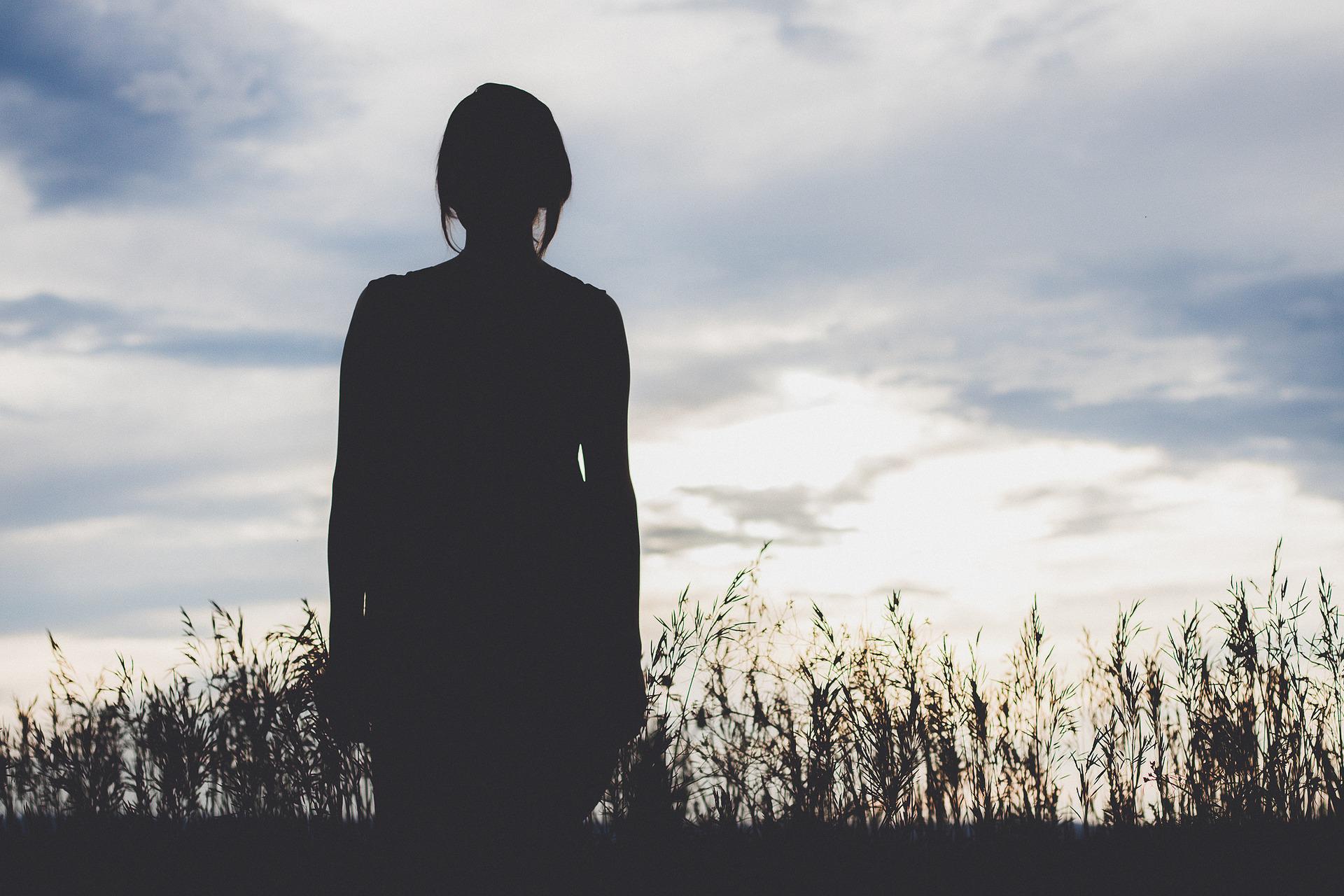

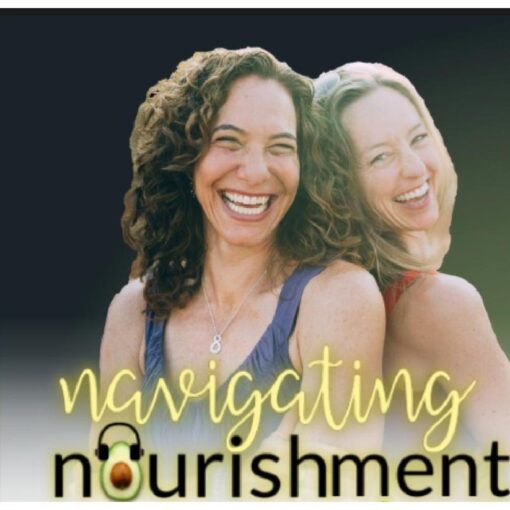
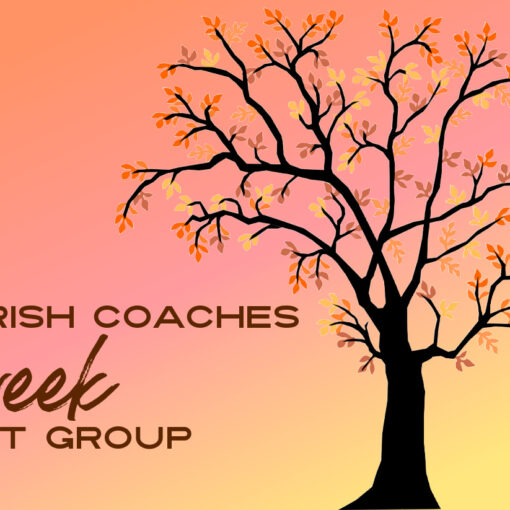
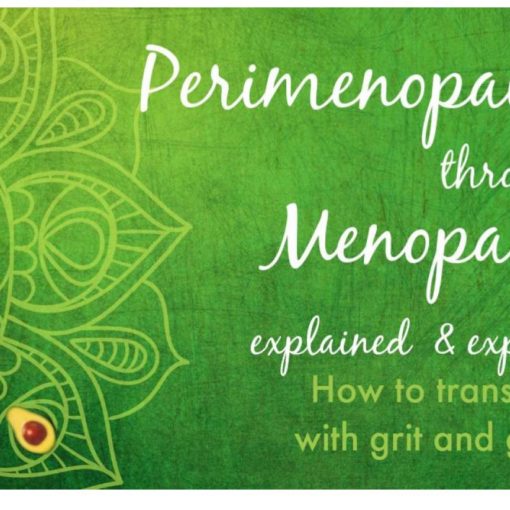
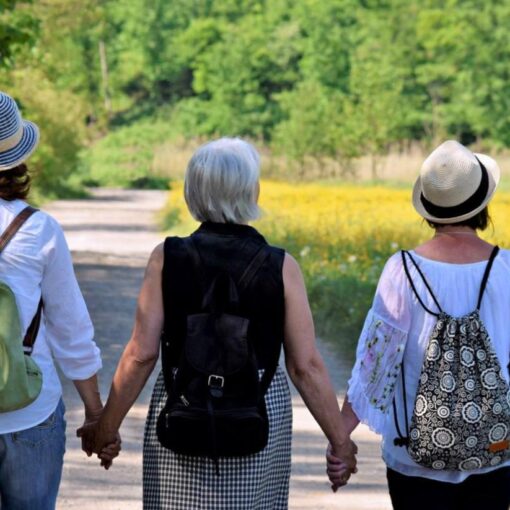
2 thoughts on “Menopause Explained”
That was wonderful!! Thank you so much ladies! 🙏🏻💗
Our pleasure!